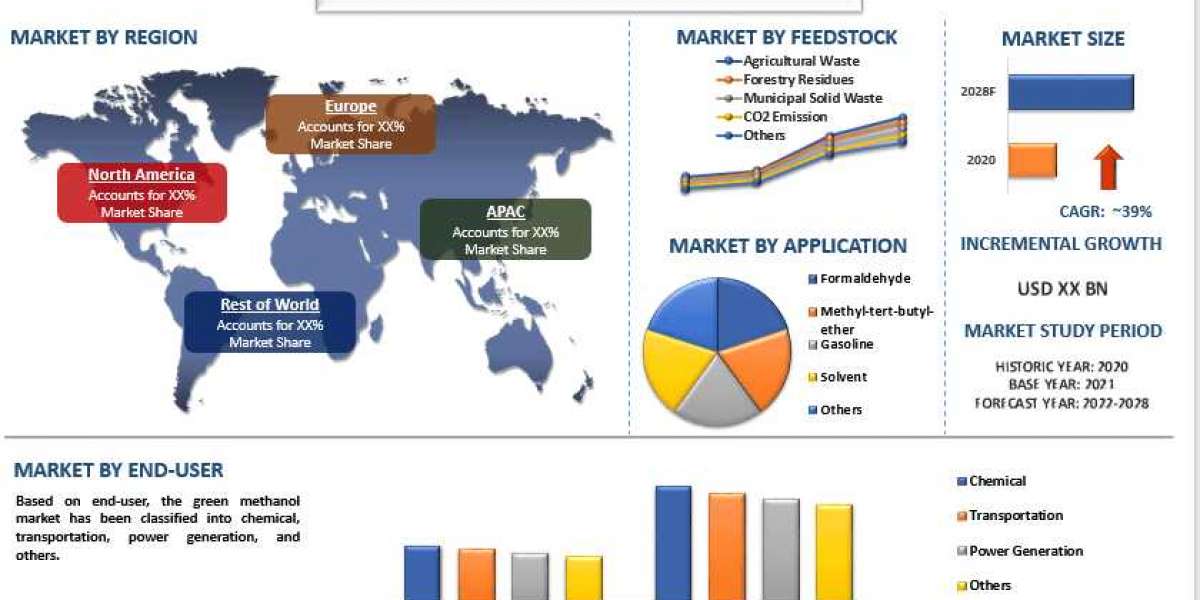When dealing with international trade and shipping, the term exporter of record service(EOR) often surfaces. It's a crucial concept for businesses involved in the movement of goods across borders, yet many are still unclear about its meaning, requirements, and the implications of assuming this role. In this article, we’ll break down what it means to be an exporter of record, explore exporter of record requirements, and discuss the implications for both the exporter of record EOR and the importer exporter of record.
What Does It Mean to Be the Exporter of Record?
The term exporter of record refers to the individual or company responsible for ensuring that goods are legally exported from one country to another. In essence, the exporter of record is the party that holds the legal responsibility for the shipment’s compliance with export regulations. This includes ensuring that all the necessary paperwork, such as export licenses, customs declarations, and export duties, are filed properly. The exporter of record guarantees that the export process complies with all laws and regulations in both the exporting and importing countries.
As an exporter of record, your responsibilities may also extend to controlling the proper classification of goods, determining the correct Harmonized System (HS) codes, ensuring compliance with trade sanctions and embargoes, and paying any applicable duties or taxes. In short, the exporter of record serves as the official entity in charge of meeting all compliance requirements for the export process.
Exporter of Record Requirements
The exporter of record is not just a formal title; it comes with specific obligations. These responsibilities vary depending on the country and the nature of the goods being exported, but there are some common exporter of record requirements that businesses must be aware of:
Documentation: The exporter of record must ensure that all required documents are correctly filled out and submitted to the appropriate authorities. This includes export declarations, commercial invoices, bills of lading, and export licenses where applicable.
Compliance with Export Regulations: The exporter of record must understand and adhere to the export laws and regulations in both the exporting and importing countries. This includes compliance with any international trade agreements, sanctions, or embargoes that may apply to the goods being exported.
Licensing: Some goods require export licenses due to their nature, such as sensitive technologies or military equipment. The exporter of record is responsible for ensuring that the necessary licenses are obtained before shipment.
Classification of Goods: Accurately classifying goods according to their correct Harmonized System (HS) codes is essential. The exporter of record must ensure that the right classification is used, as this affects duty rates and import procedures.
Payment of Duties and Taxes: In many cases, the exporter of record is also responsible for ensuring that all duties and taxes are paid before goods leave the country. These fees can vary widely depending on the destination country and the type of goods being shipped.
Exporter of Record EOR vs. Importer Exporter of Record
An often-confusing aspect of international trade is distinguishing between the exporter of record EOR and the importer exporter of record. While both play critical roles in international shipping, they are distinct responsibilities.
Exporter of Record EOR: This term refers to the party responsible for the export process from the country of origin. They ensure compliance with the export regulations, handle documentation, and take on legal responsibility for the goods during export. This can be a company, an individual, or even a third-party logistics provider acting on behalf of the exporter.
Importer Exporter of Record: On the other hand, an importer exporter of record refers to an entity that may hold responsibility for both the import and export process. In some cases, a single company acts as both the importer exporter of record, meaning they are in charge of ensuring compliance and overseeing all activities on both ends of the shipment—import and export.
The relationship between these roles is often dependent on the international trade agreements and logistical structure between countries. In some cases, the exporter of record in one country might not be the same entity responsible for the import process in another country.
The Role of an Exporter of Record in International Trade
Understanding the role of an exporter of record is vital for any business engaged in international trade. With the rise of global commerce, the complexity of cross-border shipments has increased. Companies involved in these transactions need a clear understanding of their responsibilities.
For instance, if you're shipping products to a country with strict export control laws, the exporter of record is required to ensure compliance with those laws before shipment can take place. Failure to comply could result in penalties, fines, or even the seizure of the goods. This makes it imperative for businesses to either take on the exporter of record responsibilities themselves or hire an expert third-party service provider.
Exporter of Record Deutsch: Global Reach and Local Compliance
The concept of the exporter of record is not limited to the English-speaking world. In countries like Germany, the role of the exporter of record Deutsch plays an essential part in the international movement of goods. Understanding the nuances of this role in different countries is crucial for businesses that export to multiple regions.
In Germany, for example, an exporter of record must adhere to the strict export control laws imposed by both the European Union and the German government. This means that a company or individual assuming the exporter of record Deutsch must navigate not only EU-wide regulations but also local German requirements, which may include additional documentation, certification, and specific export duties.
**Exporter of Record Meaning in Different Contexts
The exporter of record meaning can vary depending on the context. Generally speaking, it refers to the entity legally responsible for export compliance, but the responsibilities can differ based on the country, the type of goods, and whether the shipment involves any trade restrictions or licensing requirements.
For instance, in some cases, a third-party logistics (3PL) provider may act as the exporter of record on behalf of the manufacturer or seller. In this case, the 3PL handles all the legal responsibilities of export compliance, including ensuring the goods are correctly classified, the necessary documentation is prepared, and any relevant duties are paid. This is a popular choice for companies looking to streamline their international shipping processes and reduce the administrative burden.
Conclusion
In summary, the exporter of record plays a pivotal role in ensuring that international shipments are legally compliant with both export and import regulations. Whether you are taking on the role of the exporter of record EOR yourself, or you are hiring a third-party service provider to handle this responsibility, understanding the exporter of record requirements is critical for smooth global operations.
The exporter of record ensures the proper paperwork is in place, complies with both domestic and international laws, and guarantees that duties, taxes, and tariffs are handled correctly. For those dealing with international trade, the importer exporter of record distinction, as well as the concept of exporter of record Deutsch, should be understood to avoid costly mistakes.
For businesses seeking to expand globally, becoming well-versed in the role of the exporter of record meaning and its obligations is key to navigating the complexities of international commerce and mitigating potential risks.







